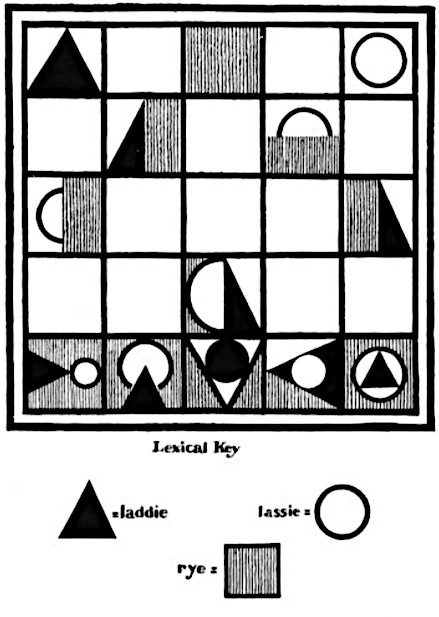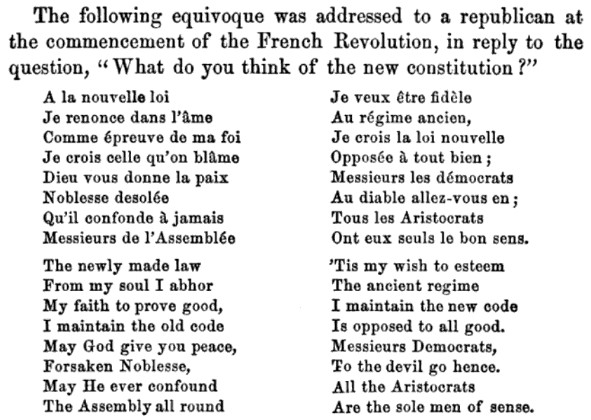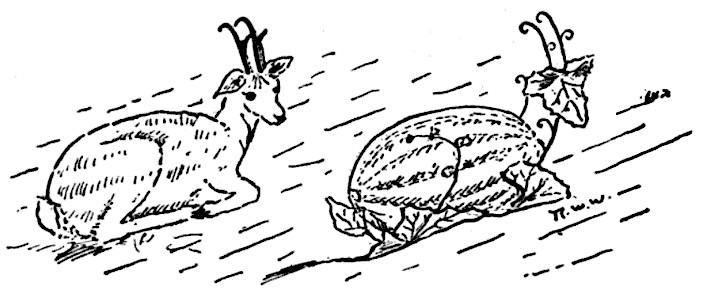This poem is widely purported to have been written by a 15-year-old boy two years before he ended his life:
Once on a yellow paper with green lines
he wrote a poem
and he called it “chops” because that
was the name of his dog
and that’s what it was all about
and his teacher gave him an “A” and
a gold star
and his mother hung it on the kitchen door
and read it to all his aunties
that was the year father tracy took
all the kids to the zoo and let them
sing on the bus
and that was the year his baby sister
was born with tiny toenails and no hair
and his mother and father kissed a lot
and the girl around the corner sent
him a valentine signed with a row of x’s
and his father always tucked him
in bed at night
and was always there to do it.
Once on a white paper with green lines
he wrote a poem
and he called it “autumn” because
that was the name of the season
and that’s what it was all about
and his teacher gave him an “A” and
told him to write more clearly
and his mother never hung it on
the kitchen door because it had just
been painted
and the other kids told him that
father tracy smoked cigars and left
the butts in the pews
and that was the year his sister got glasses
with thick lenses and black frames
and the girl around the corner laughed
at him when he went to see Santa Claus
at Macy’s
and the kids told him why his
mother and father kissed a lot
and his father never tucked him in
bed at night and he got mad when
he got mad and cried for him to do it.
Once on a paper torn from his notebook
he wrote a poem
and he called it “question marked
innocense” because that was the name
of his girl
and his professor gave him an “A” and
a strange and steady look
and his mother never hung it on
the kitchen door because he never
showed it to her
that was the year father tracy died
and he forgot how the end of the
“apostles creed” went
and he caught his sister necking on
the back porch
and his mother and father never
kissed anymore or even talked
and the girl around the corner
wore too much makeup and made
him cough when he kissed her, but he
kissed her anyway
and at 3 a.m. he tucked himself in bed,
his father snoring soundly.
That’s why on the back of a pack of
matches he wrote another poem
and he called it “absolutely nothing”
because that’s what it was about
and he gave himself an “A”
and a slash on each damp wrist
and he hung it on the bathroom door
because he couldn’t reach the kitchen.
The earliest publication I can find attributes it to a Cathy Curtis, a 12-year-old student at the Abbot Academy, a girls’ boarding school in Andover, Mass., whose literary magazine published the poem in June 1971. The school closed the following year. I haven’t been able to learn anything more about Curtis.
10/07/2025 UPDATE: Intrepid reader Adam Mellion has made a much, much deeper research effort than I did and found that the author appears to be Earl Reum (1931-2010), a teacher and motivational speaker who worked in the Denver, Colo., school system in the 1950s.
Adam’s sources include a blog post by Genel Hodges, executive director of the National Association of Workshop Directors, who knew Reum, and the transcript of an interview with Stephen Chbosky, author of The Perks of Being a Wallflower and director of the film of the same name, in both of which the poem appears, and who managed to speak with Reum. Separately, writer Donald Gallo recounts his own effort to identify the poet in the article “A Different Kind Of Whodunit: The Search for a Poem’s Author,” which appeared in the April 2000 issue of Voice of Youth Advocates. He too concluded that Reum is the author:
Earl Reum says he wrote the first version in 1954 shortly after a student with whom he was very close attempted suicide during Reum’s first month of teaching at Merrill Junior High School in Denver, Colorado. ‘I was devastated,’ Reum says. ‘I never truly recovered from the experience.’
At that time, the Student Activities Office of the Denver Public Schools produced a series of booklets containing what Reum calls ‘Teacher-Advisor Stuff’ — without titles and without author credit. As a student council advisor, Reum submitted his poem. The ‘A PERSON/A PAPER/A PROMISE’ title was added when Reum became the Activities Coordinator for the Denver Schools in 1960, and approximately two thousand copies of those booklets were sent to activities directors throughout the nation, thus accounting for the poem’s widespread distribution.
Gallo adds, “The poem, Reum says, ‘has changed and changed … grown and gotten used, augmented and has had parts deleted.’ But he says this with joy rather than regret. He has never been bothered by the changes nor by other people claiming authorship. ‘The ultimate compliment,’ he says, ‘is when people take your stuff and sign their names. It makes the world a bit smaller and more intimate.'”
A million thanks to Adam for sorting all this out — there are now so many conflicting attributions, and so many versions of the poem, that it’s very hard to determine its origins. This seems pretty conclusive.



